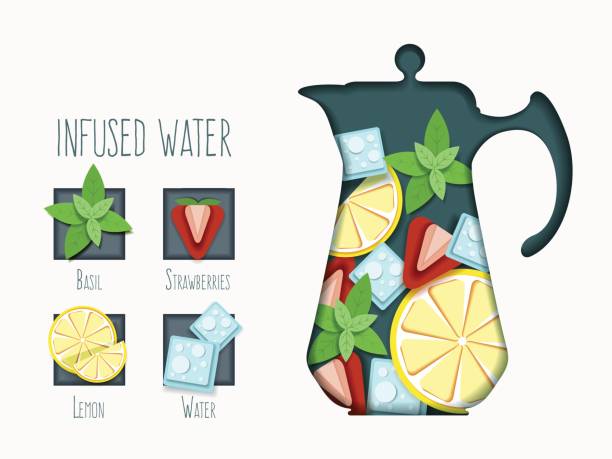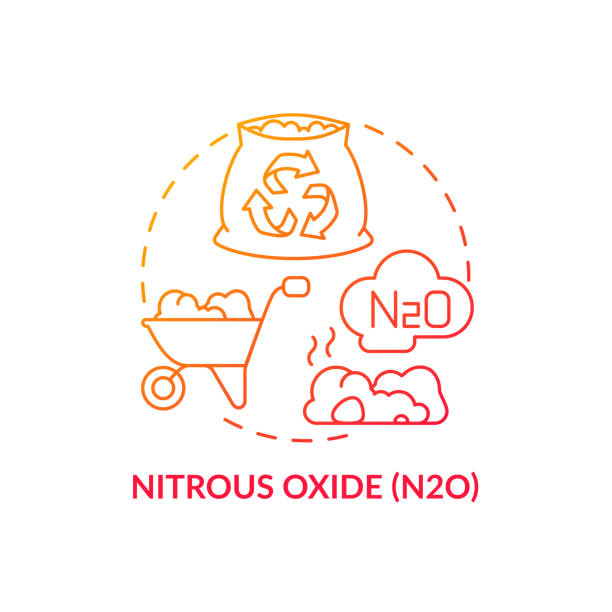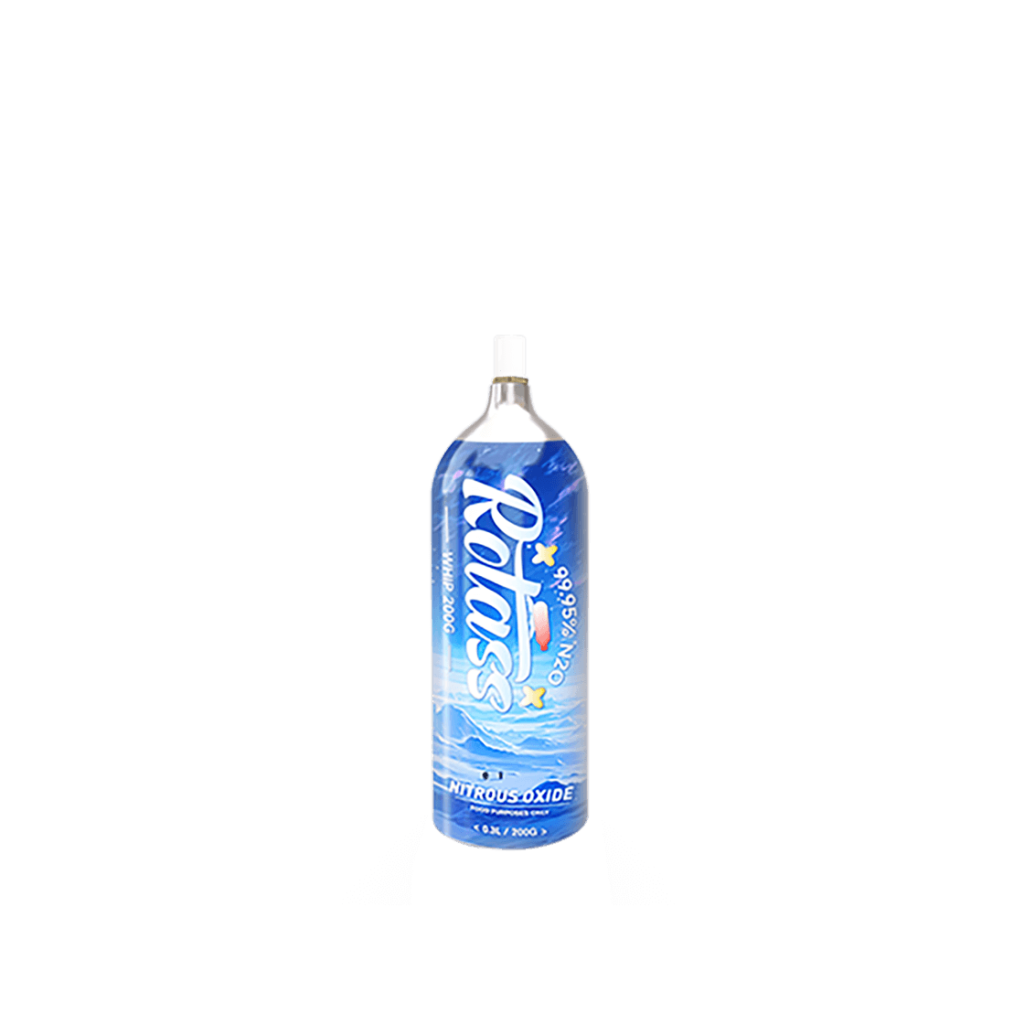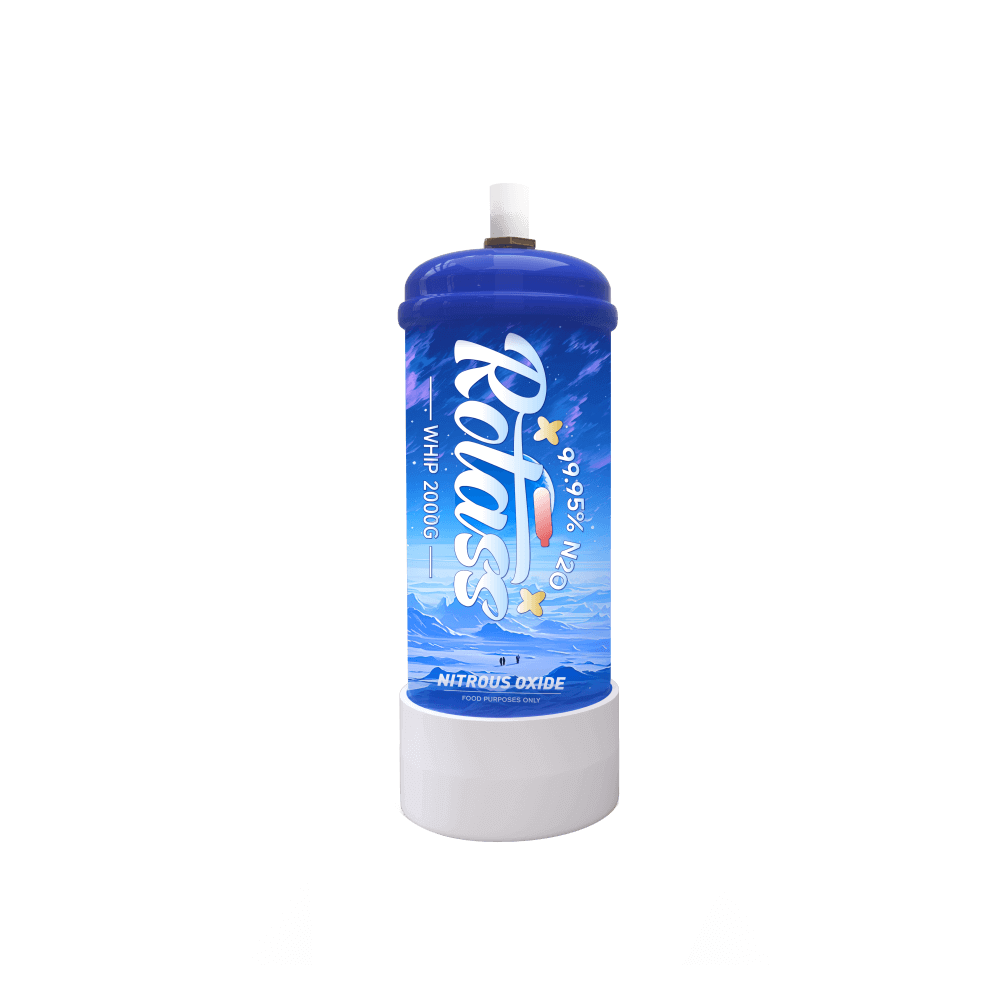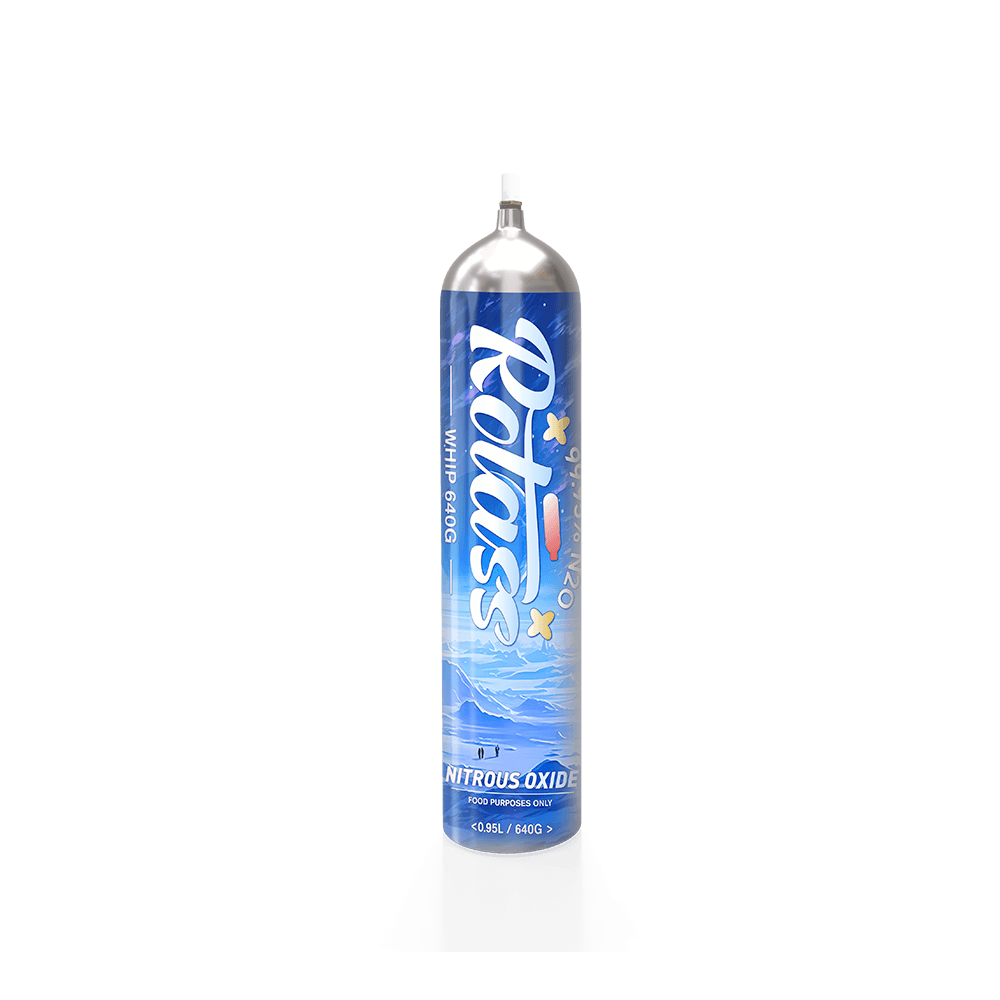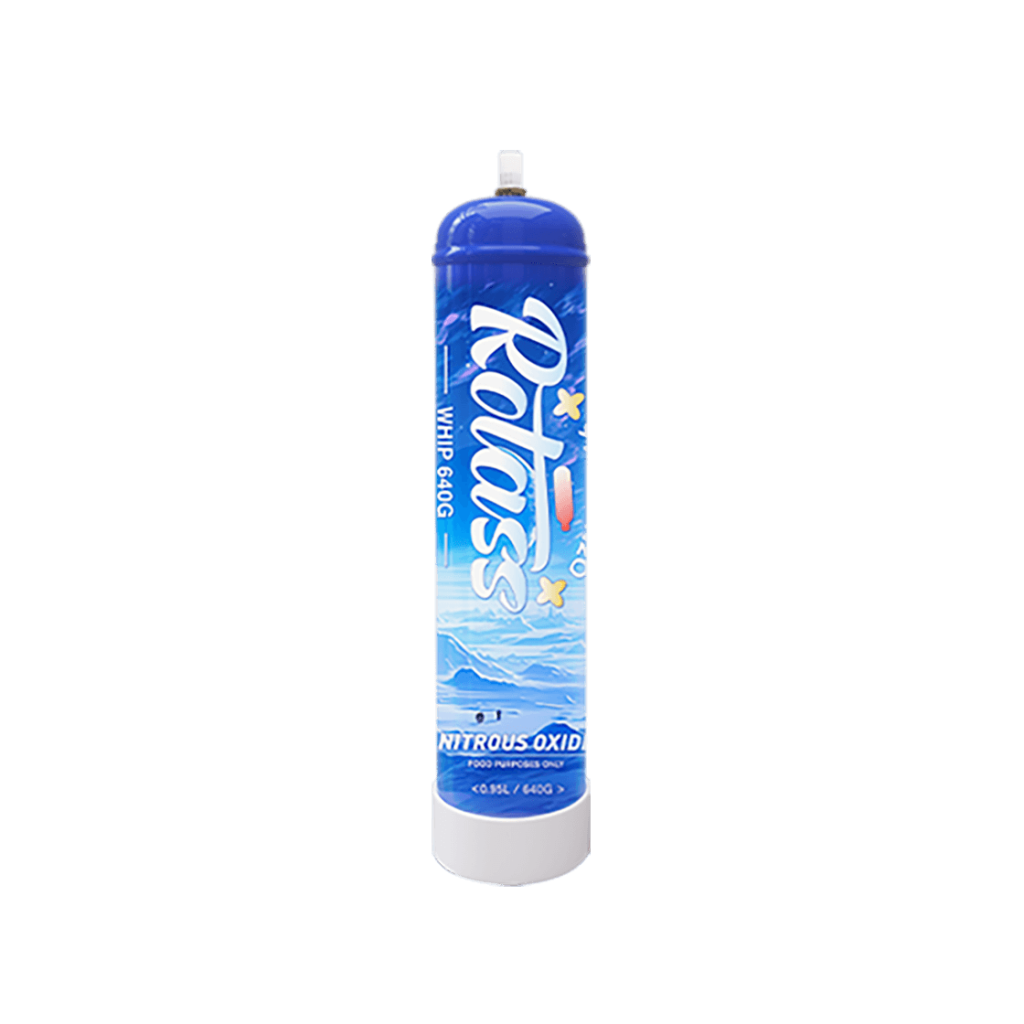2025 / 01 / 20
Why Choose Aluminum for N2O Cylinders?
Table of Contents
In the medical field, nitrous oxides serve as an anesthetic and analgesic, aiding in various surgical procedures and dental treatments. In the culinary world, N2O is used as a propellant in whipped cream dispensers, creating a delightful and visually appealing presentation. Industrially, it finds applications in various processes, including automotive racing to boost engine performance and as an oxidizer in rocket propulsion systems. Safe and efficient handling of N2O necessitates the use of robust and reliable storage containers.
Aluminum has emerged as the preferred material for N2O cylinders due to a combination of advantageous properties. This article will explore the key advantages of aluminum N2O cylinders over those made from other materials, highlighting their superior performance and benefits in various applications.
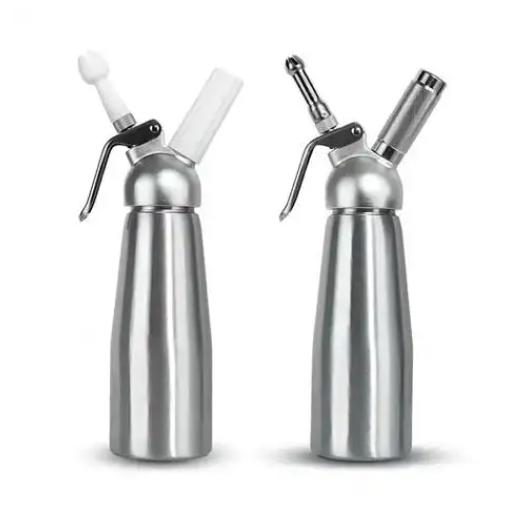
Properties of Aluminum
Lightweight:
Aluminum is significantly lighter than other commonly used materials for N2O cylinders, such as steel. This weight advantage translates to several key benefits:
- Easier Transportation: Lighter cylinders are easier to transport manually, reducing the risk of injuries and improving worker safety. They also require less effort to load and unload, making transportation more efficient.
- Simplified Handling: The reduced weight makes handling cylinders much easier, particularly in confined spaces or during frequent handling.
- Improved Ergonomics: Lighter cylinders reduce the physical strain on workers, leading to improved ergonomics and reduced risk of musculoskeletal injuries.
- Reduced Labor Costs: The ease of handling and transportation translates to reduced labor costs associated with material handling.
High Strength-to-Weight Ratio:
Despite its lightweight nature, aluminum exhibits excellent strength. This high strength-to-weight ratio is crucial for N2O cylinders, which must withstand the high pressures associated with the gas.
- Safe Containment: The high strength ensures the safe containment of N2O, minimizing the risk of cylinder rupture or leaks.
- Enhanced Durability: The robust nature of aluminum cylinders provides excellent resistance to accidental impacts and other forms of physical stress.
Corrosion Resistance:
Aluminum possesses inherent resistance to corrosion, particularly in atmospheric conditions. This property is highly advantageous for N2O cylinders:
- Prolonged Lifespan: Corrosion resistance significantly extends the lifespan of aluminum cylinders, reducing the frequency of replacement and associated costs.
- Reduced Maintenance: The need for frequent maintenance and repairs due to corrosion is minimized, leading to lower maintenance costs.
- Minimized Environmental Impact: Reduced corrosion minimizes the release of aluminum particles into the environment, contributing to a more sustainable solution.
Good Thermal Conductivity:
Aluminum exhibits excellent thermal conductivity, meaning it can effectively transfer heat. This property is crucial for N2O cylinder safety:
- Heat Dissipation: Aluminum cylinders can efficiently dissipate heat generated by the gas, helping to maintain a stable internal temperature.
- Minimized Pressure Buildup: Rapid heat dissipation minimizes the risk of pressure buildup within the cylinder due to temperature fluctuations, enhancing safety.
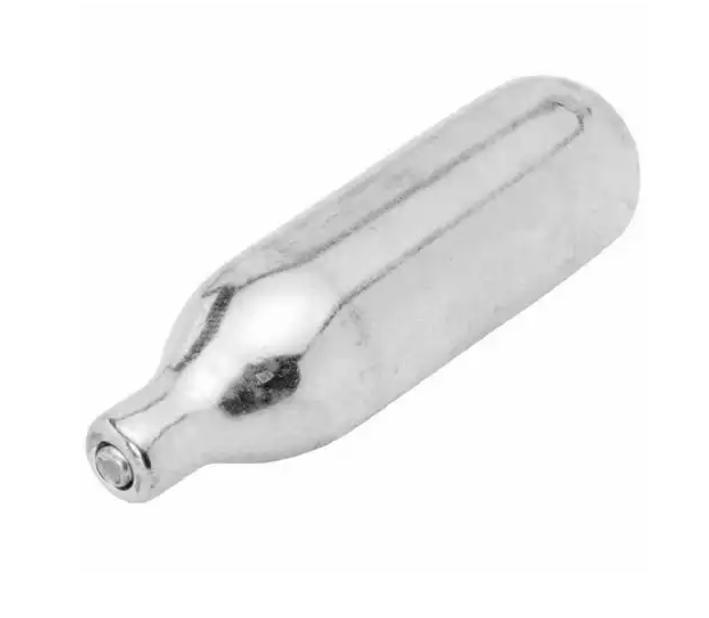
Comparison with Other Materials
Steel:
- Advantages: Historically used, readily available.
- Disadvantages: Heavier, more prone to corrosion, potentially more susceptible to damage.
Other Materials (briefly mention):
- Stainless Steel: More corrosion-resistant than carbon steel but heavier.
- Composite Materials: Lightweight but may have limitations in terms of pressure handling and long-term durability.
Other Advantages of Aluminum N2O Cylinders
Recyclability:
Aluminum is one of the most widely recycled materials globally. This high recyclability makes aluminum N2O cylinders an environmentally friendly choice:
- Reduced Environmental Impact: Recycling aluminum significantly reduces the environmental impact associated with the extraction and processing of raw materials.
- Conservation of Resources: Recycling conserves natural resources, such as bauxite ore, which is the primary source of aluminum.
- Reduced Energy Consumption: Recycling aluminum requires significantly less energy compared to producing aluminum from raw materials, leading to reduced greenhouse gas emissions.
- Circular Economy: The high recyclability of aluminum supports a circular economy model where materials are reused and repurposed, minimizing waste and maximizing resource utilization.
Cost-Effectiveness:
While the initial cost of an aluminum N2O cylinder may be slightly higher than some other materials, the long-term cost-effectiveness is significant:
- Extended Lifespan: The high corrosion resistance and durability of aluminum cylinders contribute to a significantly extended lifespan compared to materials like steel.
- Reduced Maintenance Costs: The inherent properties of aluminum minimize the need for frequent maintenance and repairs, leading to lower overall maintenance costs throughout the cylinder’s lifecycle.
- Improved Efficiency: The lightweight nature and ease of handling of aluminum cylinders contribute to improved operational efficiency, leading to reduced labor costs and increased productivity.
- Reduced Downtime: The reduced risk of cylinder failures and the need for repairs minimizes downtime, ensuring uninterrupted operations and maximizing productivity.
Availability:
Aluminum N2O cylinders and related equipment are readily available worldwide.
- Widespread Availability: The high demand for aluminum in various industries has led to a robust and well-established supply chain for aluminum products.
- Easy Access: This widespread availability ensures easy access to aluminum N2O cylinders and related accessories, such as regulators, valves, and carts.
- Competitive Market: The high demand for aluminum has fostered a competitive market, leading to a wide range of choices and competitive pricing for consumers.

Summary
Aluminum emerges as the preferred material for N2O cylinders due to its exceptional combination of properties. Its lightweight nature facilitates easy handling, transportation, and installation, while its high strength-to-weight ratio ensures safe containment of the high-pressure gas. Furthermore, aluminum’s inherent corrosion resistance significantly extends cylinder lifespan, reduces maintenance requirements, and minimizes environmental impact. The excellent thermal conductivity of aluminum promotes efficient heat dissipation, minimizing the risk of pressure buildup.
When compared to other materials like steel, aluminum offers significant advantages in terms of weight, durability, and ease of handling. While other materials like stainless steel and composites may offer certain benefits, aluminum consistently demonstrates superior performance across various criteria.
Beyond its material properties, the high recyclability of aluminum makes it an environmentally responsible choice. The long-term cost-effectiveness, stemming from extended lifespan, reduced maintenance, and improved efficiency, further solidifies aluminum’s position as the preferred material. The widespread availability of aluminum N2O cylinders and related equipment ensures easy access and a competitive market for consumers. N2O cylinders supplier Rotass will give you high-quality products with aluminum, if you need them please contact us right now!

